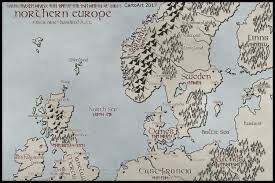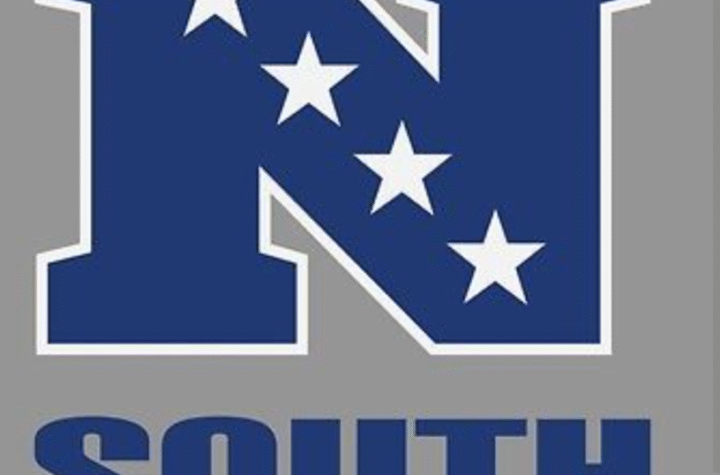
One of the most significant chapters in surname history is the Viking Age—a period of seafaring raids, invasions, and settlements that spanned from the late eighth century to the Norman Conquest in 1066. The Viking legacy lives on today in the surnames of people with roots in Scandinavia, England, Ireland, and Scotland. These names are more than just linguistic relics; they are markers of a time when Norse explorers and warriors reshaped the landscape of Europe.
One of the most recognizable Viking naming conventions is the use of the suffix “-son” or “-sen,” indicating “son of.” Names like Davidson, Andersen, Carlson, and Olsen all trace their origins to this practice, which was used to signify a man’s paternal lineage. For example, Andersen literally means “son of Anders,” with Anders being a common first name in Scandinavian cultures. Other names like Ericsson, Gundersen, and Iverson follow the same pattern, showing how deeply Viking naming customs influenced modern family names.
The reach of Viking migrations went far beyond Scandinavia, spreading through regions that are now part of England, Ireland, and Scotland. In areas like northern England, particularly Yorkshire, and parts of Ireland, Viking influence is still visible in the surnames of local families. For instance, Holmes—a common surname in England—derives from the Old Norse word holmr, meaning “a small island,” a reference to Viking settlements on the shores of rivers and lakes. Similarly, the surname McAuliff comes from the Old Norse Ólafsson, meaning “son of Olaf,” while Higgins is derived from a word that simply means “Viking.”
In Ireland, the Viking presence is reflected in surnames like Doyle, which is derived from the Irish Ó Dubhghaill, meaning “descendant of Dubhghaill.” The name Dubhghaill itself comes from the Old Gaelic words dubh (meaning “dark” or “black”) and ghaill (meaning “foreigner” or “stranger”), referring to the Vikings who, to the Irish, were seen as both dark-haired and foreign invaders. Similarly, McDowell and McDougall are anglicized versions of the Gaelic Mac Dubhghaill, meaning “son of Dubhghaill,” reinforcing the idea of the Vikings as foreign invaders whose legacy lived on in family names.
What these surnames reveal is not just a linguistic connection to the past, but a tangible link to a period of European history when migration, conflict, and settlement defined much of the cultural landscape. The Vikings were not only conquerors and raiders; they were also settlers who shaped the identity of the regions they touched. And through the names they left behind, their story continues to be told, generation after generation.





More Stories
Counselor or Teacher: Which Career Path Is Right for You?
Victorian Era Breakthroughs: How Inventions Like the Telephone Shaped the Modern World
The UNCF Empower Me Tour Visited LA to Provide Scholarships & College Admission To HBCUs To Local Students